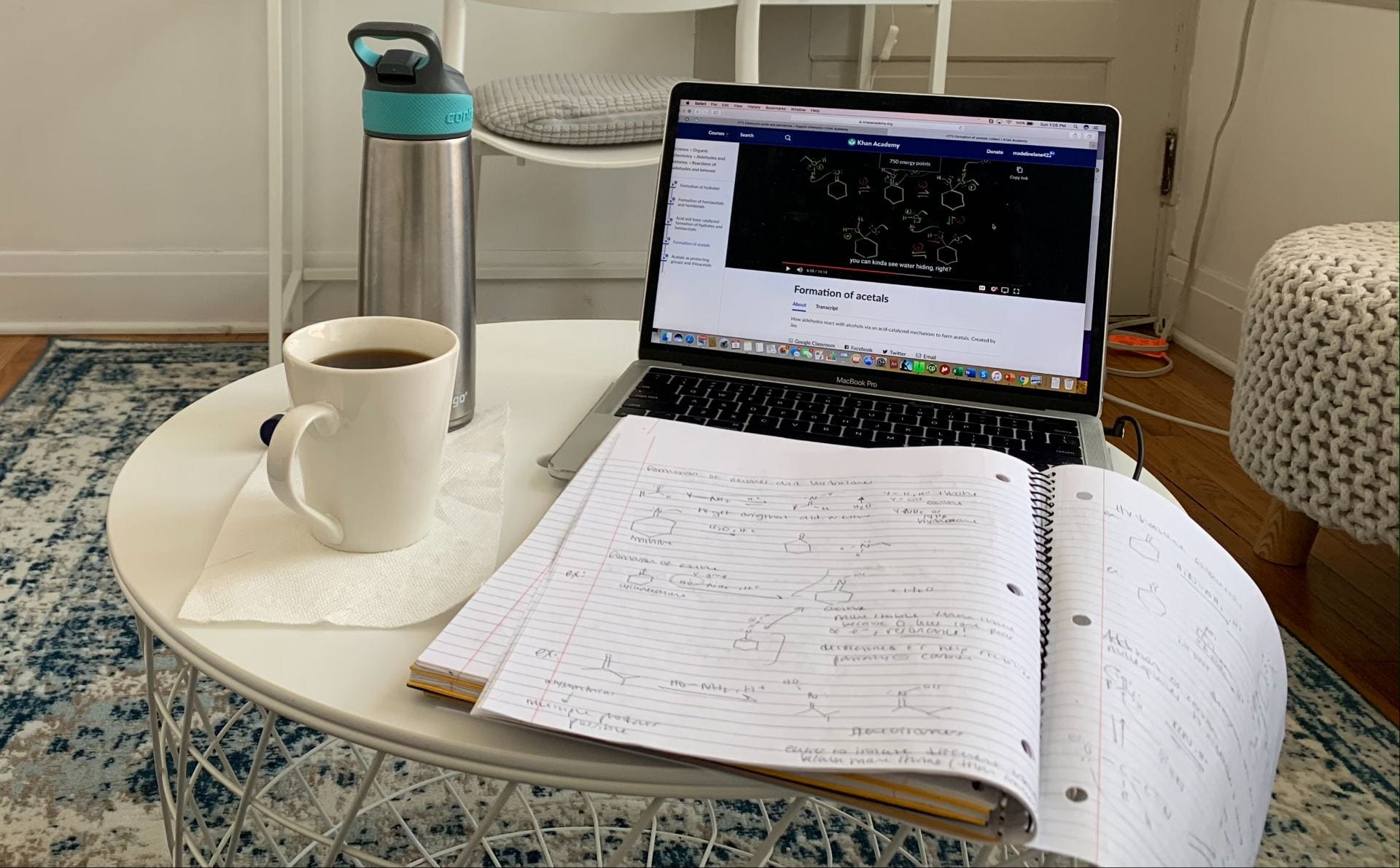Studying a non-STEM major while on the pre-med track may be a bit less traditional, but I find the combination exceptionally enriching. Between prerequisite science courses for applying to medical school, Human Development & Psychological Services courses for my major in SESP, and Global Health Studies courses for my minor in Weinberg, I feel privileged to experience an assortment of learning environments at Northwestern and to explore various perspectives on human health.
For my concentration in Human Development & Psychological Services (now called Human Development in Context), I have taken courses in child, adolescent, and even adult development, and I study therapeutic approaches in courses like Counseling Theories and Practice. These experiences continually affirm my interest in pursuing a helping profession, while also building a foundation in psychosocial support –– something I hope to integrate into my eventual practice of medicine. Additionally, my Global Health Studies coursework, including classes like History of Reproductive Health, supports me in thinking about health on the population level, with particular emphasis on human rights and equity. Integrating psychosocial considerations and human rights with the scientific foundations of medicine, my coursework at Northwestern allows me to think about healing in more complex and comprehensive ways.
In any given quarter, I pursue a mix of STEM classes and courses in the social sciences, and I particularly appreciate the different types of instruction I receive across these settings. Many of my prerequisite science courses offer lecture-style classes with lively office hours and endless options of study buddies –– whether it’s through the university-organized Peer Guided Study Groups or informal meetups in the library. In my SESP classes learning centers around group discussions and projects, often incorporating peer feedback and applied experiences. I recall one quarter in which, after working with my group to design an after-school program for Designing for Social Change (a “SESP-famous” class), I would walk straight to office hours for Cell Biology to talk through the cell cycle or membrane trafficking with my peers and our highly approachable professor.
The quarter system can feel fast-paced at times, but I find that diversifying my coursework and my classroom experiences helps me stay energized and focused. Additionally, I enjoy collaborating with different types of thinkers –– including both professors and peers –– as I bounce between different disciplines.
Northwestern also offers us advising for each major, minor, or track we pursue. Typically, I will meet both with my Health Professions adviser and my major adviser in SESP to map out my coursework for the upcoming quarter. With my academic advisors’ support, managing the distinct sets of requirements for my pre-health track and my major and minor poses no problem.
Outside of the classroom, I find my non-STEM major does not hinder –– but rather supports –– my pursuits of clinical, volunteer, and research opportunities. As one example, for my SESP practicum experience (a for-credit internship), I interned at a pediatric developmental center. I gained invaluable clinical experience, as I worked directly with neurodivergent children, helped to facilitate behavioral therapy groups, and shadowed medical diagnostic clinics. Additionally, contributing to my research experience, I developed a study for my Honors Thesis which centers college students’ experiences of COVID-19.
Northwestern, in the truest sense, is built for interdisciplinary, creative, and even personalized learning experiences. While the pre-med track may carry a connotation of rigidity, I utilize our dynamic quarter system to integrate my interests in human development, human rights, and medicine. I never feel as though I need to make sacrifices in my learning or experiences by pursuing distinct areas of study; instead, the variation in my coursework, educational approaches, and learning communities nourishes my passions and sparks deeper intrigue.
